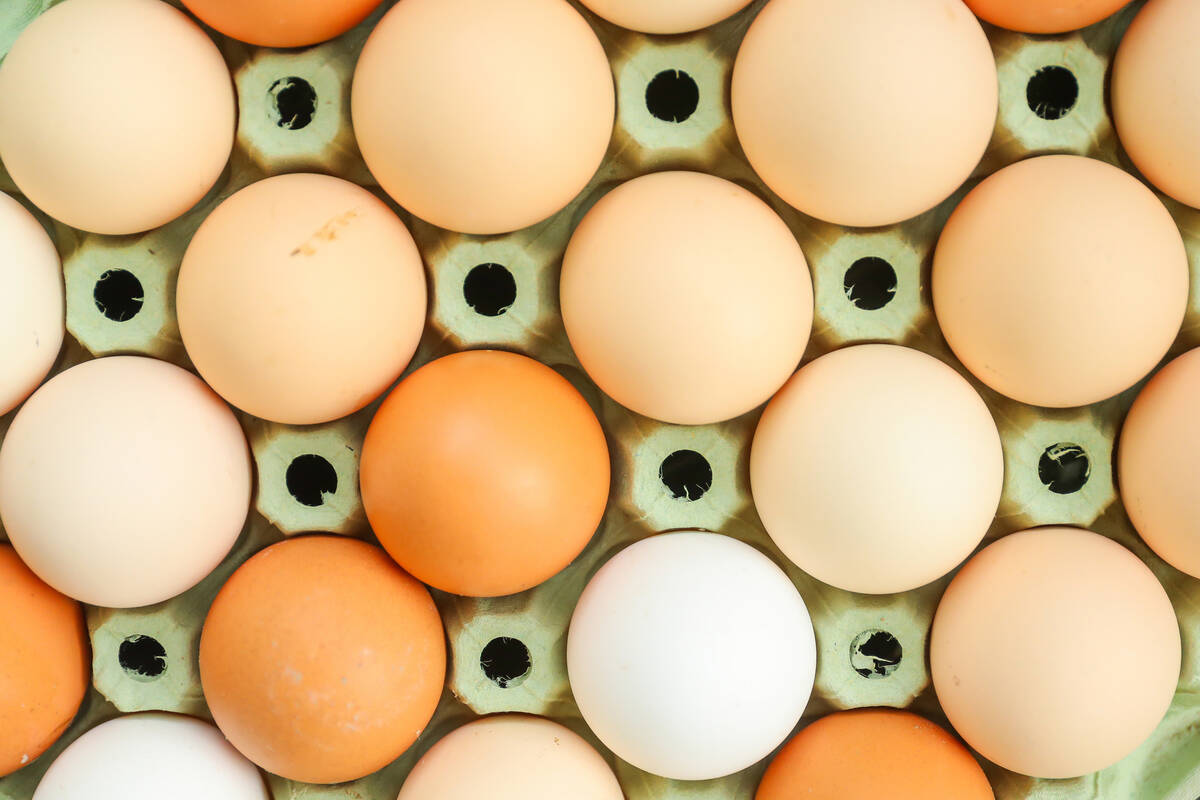The 3 best foods for brain health, according to doctors
When it comes to aging, most people don’t just want to survive into old age, they want to thrive. Part of that means staying as mentally sharp as you are now, and one way to do that is through what you eat.
Perhaps you know that there’s a connection between diet and brain health, but you aren’t exactly sure what it looks like to eat in a way that truly nourishes your brain both now and in the future.
We asked doctors specializing in integrative health to explain what a brain-healthy diet looks like, including three foods they recommend eating regularly for cognitive health.
A brain-healthy diet
If one of your primary health goals is maintaining good brain health, Dr. David M. Brady, a naturopathic medical physician and chief medical officer of Designs for Health, recommends the Mediterranean diet, DASH diet or MIND diet — all of which have been scientifically linked to supporting brain health and reducing the risk of cognitive decline.
All three eating plans are similar: They all focus on eating a primarily plant-based, whole foods diet.
“These diets emphasize nutrient-rich, whole foods such as fatty fish, colorful fruits and vegetables, whole grains, nuts, seeds and extra-virgin olive oil,” Brady says.
He says that these foods are rich in antioxidants, brain-healthy polyunsaturated fats, vitamins, minerals and fiber, noting, “This supply of nutrients helps support brain health by promoting healthy brain function, reducing inflammation, improving vascular health and improving overall metabolic health in the body.”
Dr. Joseph Mercola, a family medicine osteopathic physician and author of “Mercola’s Total Health Program,” says that in addition to eating foods that support brain health, it’s important to know which ones to minimize or avoid.
“I recommend avoiding foods high in vegetable oils and processed foods of all kinds, including most restaurant food and fast food, as well as conventionally raised chicken and pork,” he says. Instead, Mercola recommends choosing whole, unprocessed foods.
He also warns against cutting carbohydrates, one type of food that often gets a bad rap, explaining, “Carbs are the best fuel for your brain. Well-cooked white rice and ripe fruits are two of my favorites.”
Best foods for brain health
Certainly diet as a whole matters most for brain health, and it’s important to eat a wide range of nutrient-rich foods, but it can also be helpful to have a short list of brain foods to start adding into your diet. With that in mind, these are the three best foods for brain health, according to Mercola and Brady.
■ Eggs: Mercola recommends eggs because they are packed with nutrients that support the brain. “The yolks are rich in choline, a crucial nutrient for brain health. Choline is needed for your body to produce acetylcholine, a neurotransmitter involved in memory formation and storage,” he says. Scientific research shows a link between choline deficiency and an increased risk of dementia, further emphasizing the connection between the nutrient and brain health.
Besides choline, eggs also contain protein (which provides the brain and body with energy, including for mental tasks), healthy fats (linked to supporting mental health) iron, B vitamins and vitamin D. That’s a lot of benefits for one food!
■ Fatty fish: One food on the top of Brady’s brain food list is fattyfish, such as tuna, salmon, sardines, herring and mackerel. “Fatty fish are high in omega-3 fatty acids, especially EPA and DHA,” he notes. “These two omega-3 fatty acids are known to improve neuron function, reduce inflammation and improve neuroplasticity — all contributing to better cognitive health.”
Brady points to one scientific study showing that eating fish twice a week was linked to reducing the risk of dementia by 10 percent and reducing the risk of Alzheimer’s disease by 30 percent.
■ Leafy greens: Rounding out this trio of brain foods are leafy greens, such as kale, romaine, spinach, cabbage and spinach.
“Leafy green vegetables provide an adequate source of micronutrients including vitamin K, lutein, folate, magnesium and alpha-tocopherol,” Brady notes.
He says that each of these micronutrients has been shown to provide individual cognitive benefits. Lutein is a potent antioxidant and might help reduce inflammation in neurons, while folate helps protect against plaque buildup in the brain.
Scientific studies show that eating leafy greens regularly pays off, big time.
A prospective study examined 960 participants through a food frequency questionnaire and cognitive assessment over an average of 4.7 years, according to Brady, and found that participants with the highest rate of leafy green consumption had the lowest rates of cognitive decline, aging at a rate that was approximately 11 years slower than other study participants.
Besides maintaining a healthy diet (including regularly eating eggs, fish and leafy greens), Mercola says that exercising regularly is key for brain health. Not so coincidentally, foods and habits that support brain health are also good for the heart, yet another reason to put them into practice.














